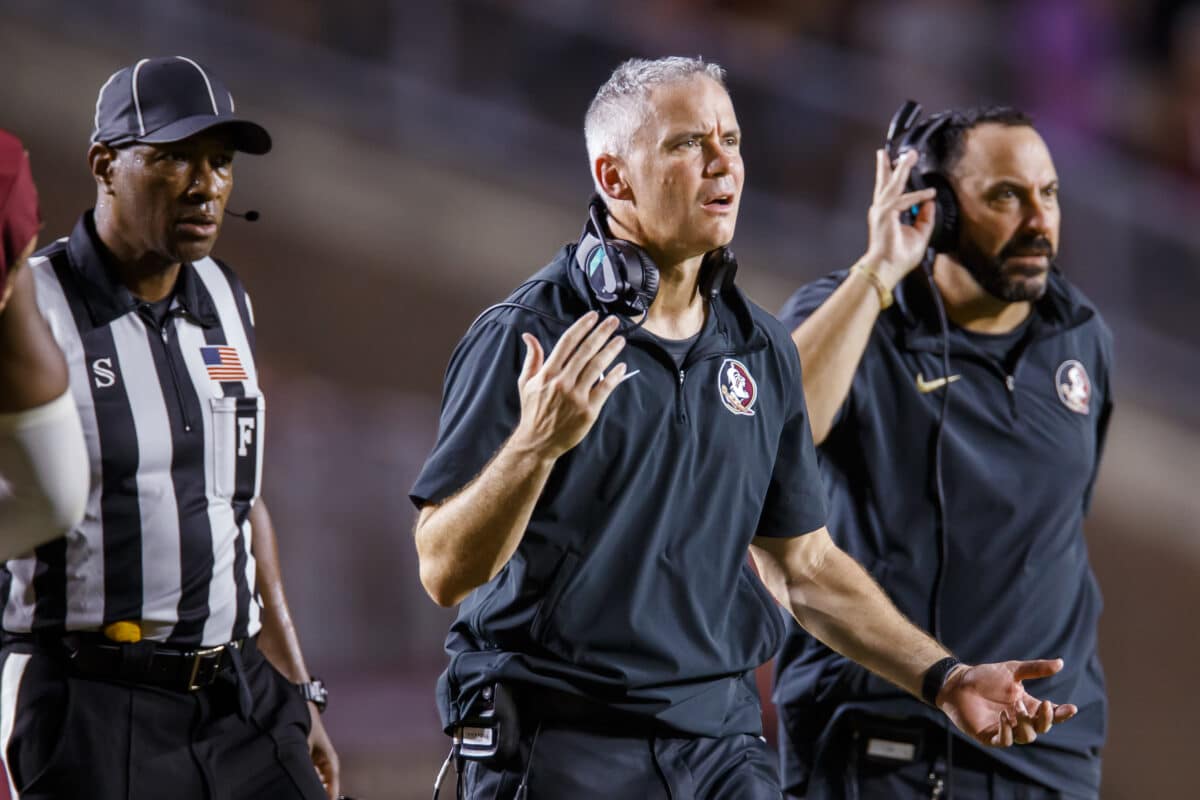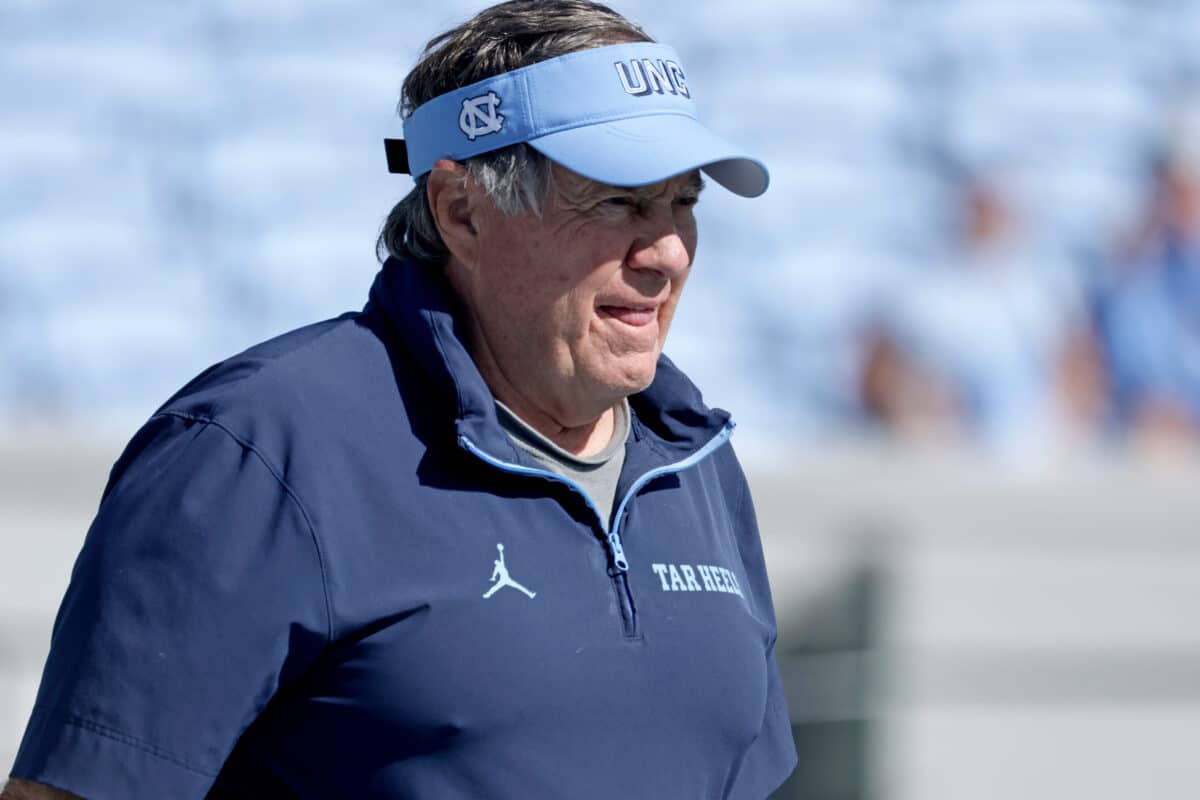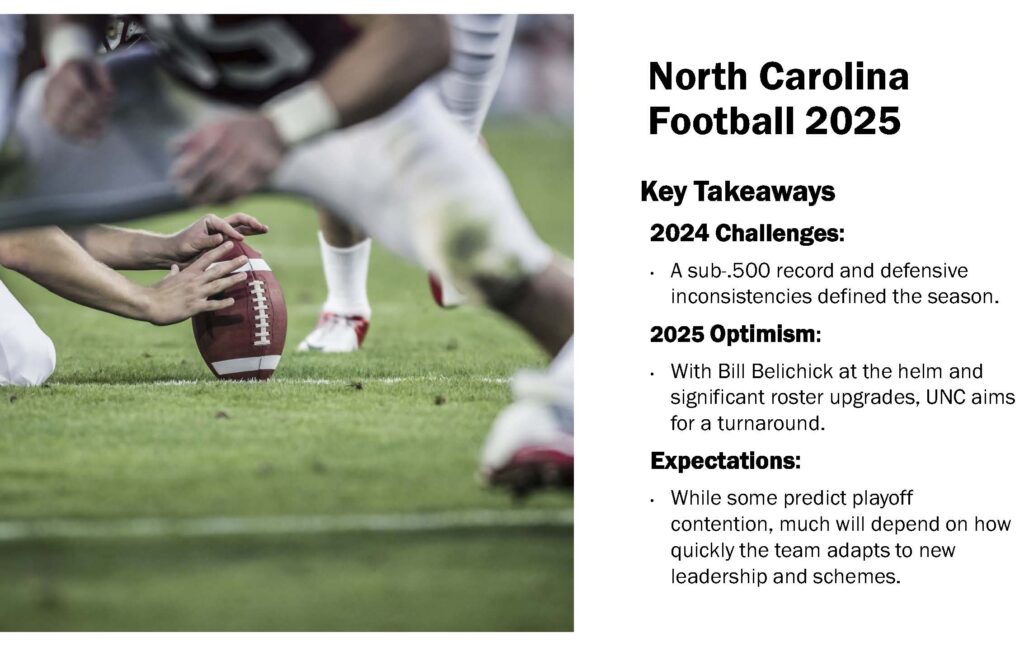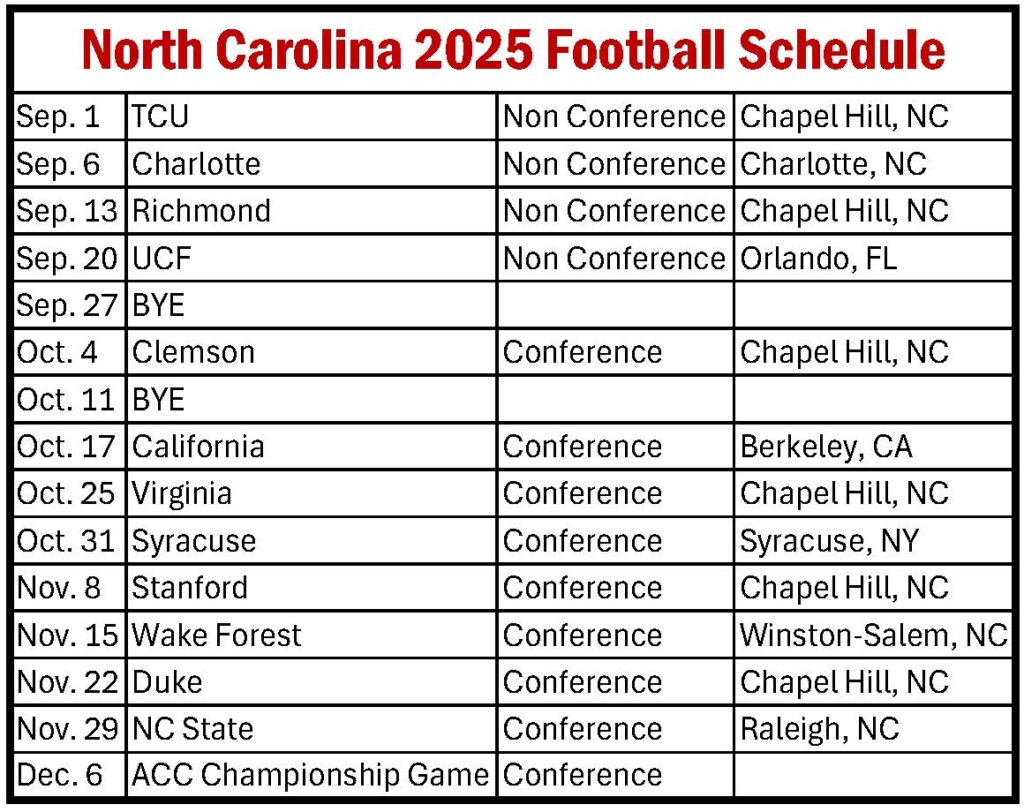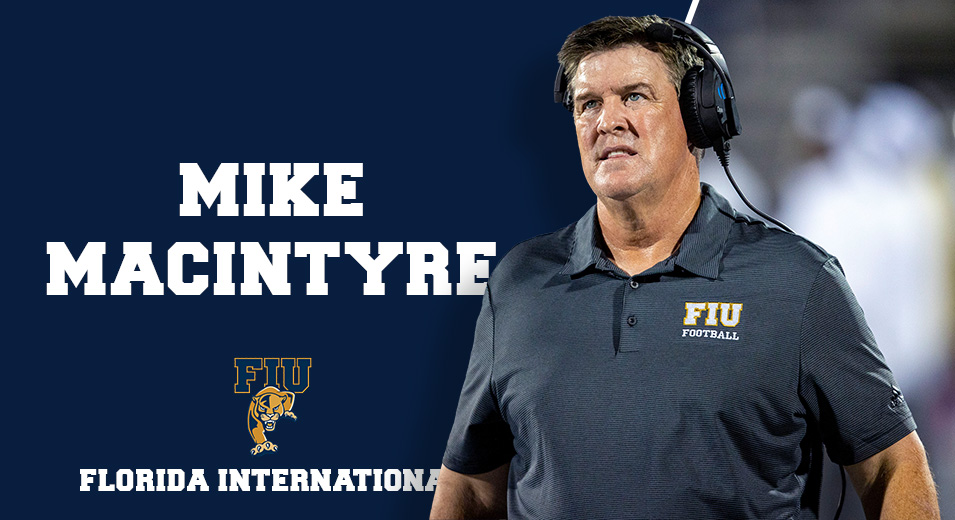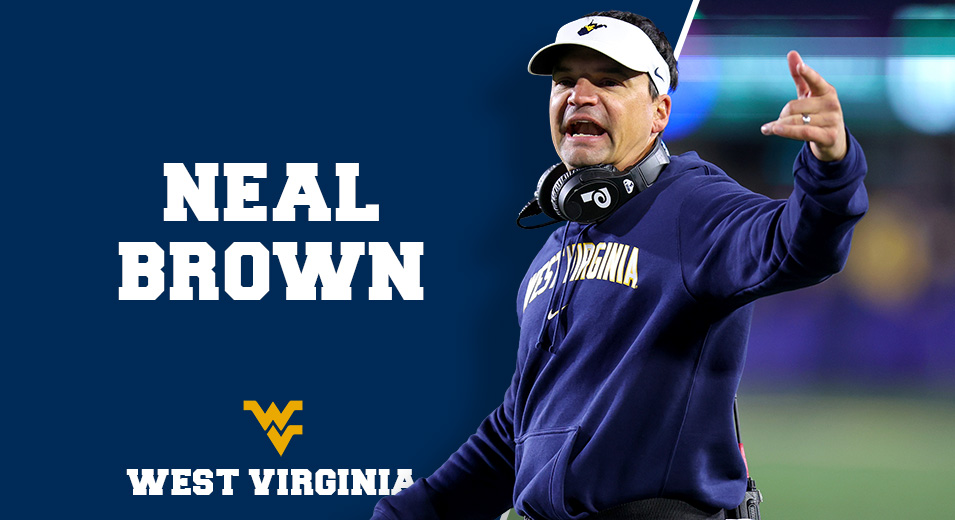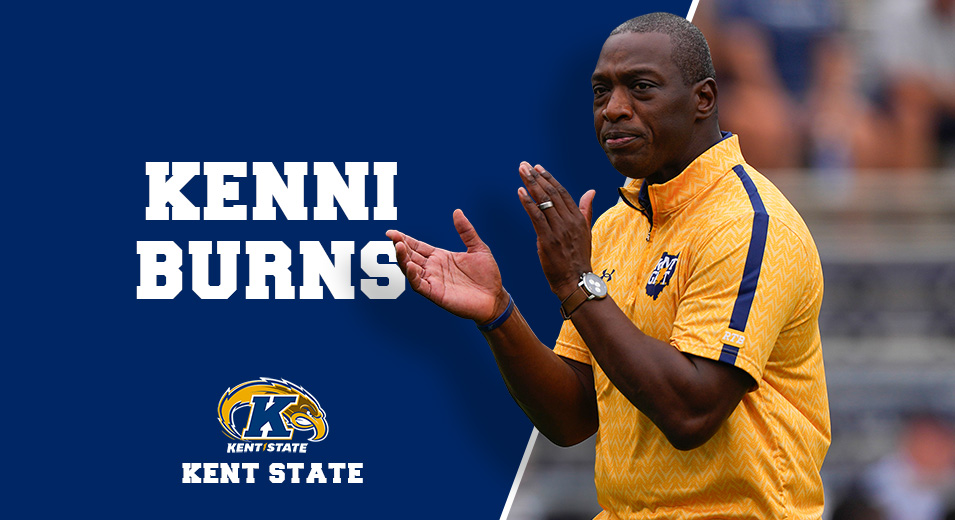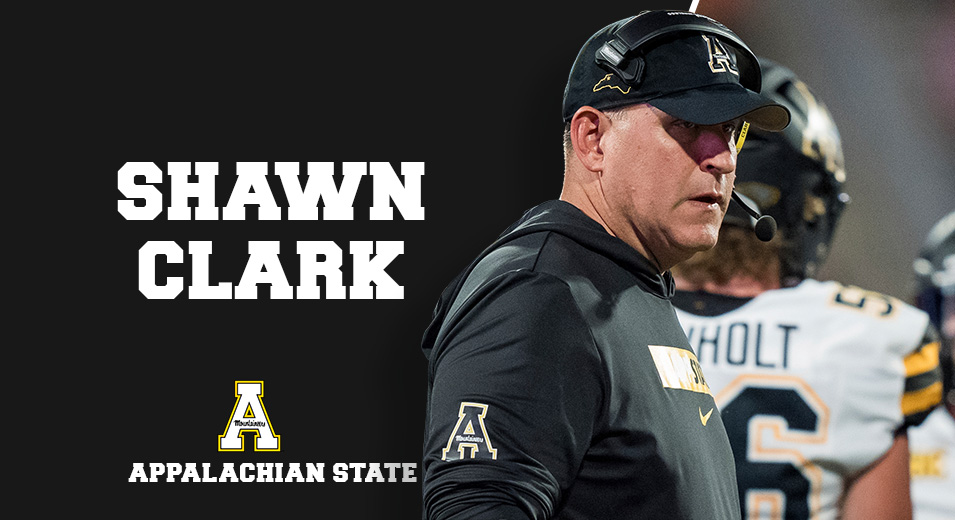This is not a game between two good football teams.
Let’s just get that out of the way right now. California (4-2) hosts North Carolina (2-3) on Friday night in Berkeley, and if you’re expecting offensive fireworks or elite defensive play, you’re watching the wrong game. This is a battle between two deeply flawed teams trying to figure out who can avoid embarrassing themselves on national television.
But here’s the thing: it might be wildly entertaining for all the wrong reasons.
Cal Has Perfected The Art Of Creative Losing
If you’ve followed California football for more than five minutes, you know they’ve invented approximately 47 new ways to lose football games.
They are the masters of creative catastrophe.
- Lost 0-34 to San Diego State (a team that went 3-9 last year)
- Got shutout at home… by a Mountain West team
- Scored 21 points against Duke and still lost by 24
- Beat an FCS team and act like they’re playoff contenders
The Golden Bears are the team that will drive 90 yards down the field, get inside the 5-yard line, and then somehow throw three consecutive incompletions to settle for a field goal. Or miss it. They’ll probably miss it.
This is Cal football, baby.
Bill Belichick’s Offense Is A Dumpster Fire
Meanwhile, North Carolina hired the greatest coach in NFL history and somehow made their offense worse.
The Tar Heels are averaging 11 points per game against Power 5 opponents.
Let that sink in for a second. Eleven. That’s not a typo. That’s not adjusted for pace or advanced metrics. That’s just… pathetically bad football. Here’s what UNC has accomplished this season:
- Scored 14 points against TCU (lost by 34)
- Scored 9 points against UCF (yes, nine)
- Scored 10 points against Clemson
- Beat FCS Richmond and think they’re back
The Belichick Era in Chapel Hill has been one long, painful lesson in “NFL schemes don’t work in college when you have college players.” Their offense is so dysfunctional it makes Cal’s creative losing look competent by comparison.
And that’s saying something.
The Matchups Are Hilariously One-Sided
Let’s talk about what happens when these two teams play each other.
California’s mediocre offense versus North Carolina’s terrible defense:
Cal should score. Their freshman quarterback threw for 279 yards and three touchdowns against Minnesota. UNC’s defense allows 70.3% completions (one of the worst in FBS) and gives up 40 points per game to Power 5 teams. Even Cal’s inconsistent passing attack should move the ball.
The problem? Cal also got shut out by San Diego State, so who the hell knows?
North Carolina’s abysmal offense versus California’s decent defense:
This is where the game gets decided. UNC can’t score against anyone with a pulse. Cal’s defense ranks 32nd nationally in scoring defense and should absolutely dominate this matchup. The only question is whether UNC scores 7 or 10 points before the clock hits zero.
The special teams and coaching edges:
- Cal has an All-America return specialist (advantage: Cal)
- Cal had a bye week to prepare (advantage: Cal)
- Cal plays at home at 10:30pm ET (advantage: Cal)
- Bill Belichick has eight Super Bowl rings (advantage: doesn’t matter, his offense stinks)
Everything favors California except for one tiny detail: they’re California, and they specialize in losing games they should win.
Why Cal Should Win (But Might Not)
Here’s the rational, data-driven case for why California wins this game by two touchdowns.
- Home field advantage + late-night body clock game
- UNC’s offense is historically bad (119th in scoring nationally)
- Cal’s defense can shut down UNC’s dysfunction
- UNC is 0-3 against Power 5 teams with a -29 point average margin
- Cal had extra week to prepare and gameplan
If you run this game through a computer simulation 100 times, Cal probably wins 75 of them. They’re better at almost every position. Their quarterback is inconsistent but still better than whatever UNC is running out there. Their defense is competent. They’re playing at home.
They should cruise to a 24-10 victory.
Why Cal Could Still Lose (Because They’re Cal)
But then you remember: this is California football.
And California football is chaos incarnate.
The Golden Bears have a unique talent for finding new and inventive ways to lose games they should win. Maybe their freshman QB throws four interceptions. Maybe they fumble on their own 10-yard line three times. Maybe Bill Belichick conjures up some dark NFL sorcery that confuses everyone.
Here are the ways this goes sideways:
- Cal’s offense reverts to “San Diego State shutout” mode
- Freshman QB makes 2-3 catastrophic mistakes
- Red zone failures turn TDs into field goals (or misses)
- Belichick’s desperate game plan actually works for once
- The universe decides Cal fans don’t deserve nice things
The probability? Maybe 25%.
But that 25% is real. Cal could absolutely blow this. They’ve blown easier games. They’re probably drawing up the blueprint for how to blow this one right now.
The Real Prediction
California 24, North Carolina 10
Cal’s defense holds UNC to one garbage-time touchdown and a field goal. Cal’s offense does just enough against UNC’s awful pass defense to score three touchdowns (probably). The home crowd gets loud. The body clock matters. Bill Belichick looks confused on the sideline, wondering why his NFL plays don’t work in college.
This is the most likely outcome.
But if you’re betting the house on this game, maybe reconsider. Because Cal is involved, and Cal specializes in making their fans suffer in new and creative ways. They could win 31-7. They could lose 20-23 on a last-second field goal after blowing a 17-point lead.
That’s the beauty and terror of California football.
What To Watch For
If you’re actually going to watch this Friday night disaster, here’s what matters:
- First 10 minutes: Does Cal’s offense move the ball easily against UNC’s defense? If yes, this game is over.
- UNC’s first red zone trip: Can they score a TD or do they settle for a FG? (Spoiler: they’ll probably fail entirely)
- Cal’s turnover count: If the freshman QB throws 2+ picks, UNC has a chance
- Third quarter adjustments: Does Belichick have anything creative? (Narrator: he does not)
The over/under will probably be around 44 points. Hammer the under. Both teams stink at scoring. Both teams will settle for field goals in the red zone. Both teams will punt 12 times.
This game hits 34 total points and everyone goes home disappointed.
The Bottom Line
California should win this game because North Carolina’s offense is one of the worst in college football.
That’s it. That’s the analysis.
UNC can’t score against decent defenses. Cal has a decent defense. Math says Cal wins. But Cal also has a proud tradition of defying math and finding spectacular new ways to lose, so bring popcorn and prepare for chaos.
Final prediction: Cal 24, UNC 10 (with 40% confidence that something weirder happens)
Welcome to Friday night Pac-12… wait, ACC… wait, who even knows anymore? This is college football in 2025, where nothing makes sense and the points don’t matter unless you’re betting the under.
